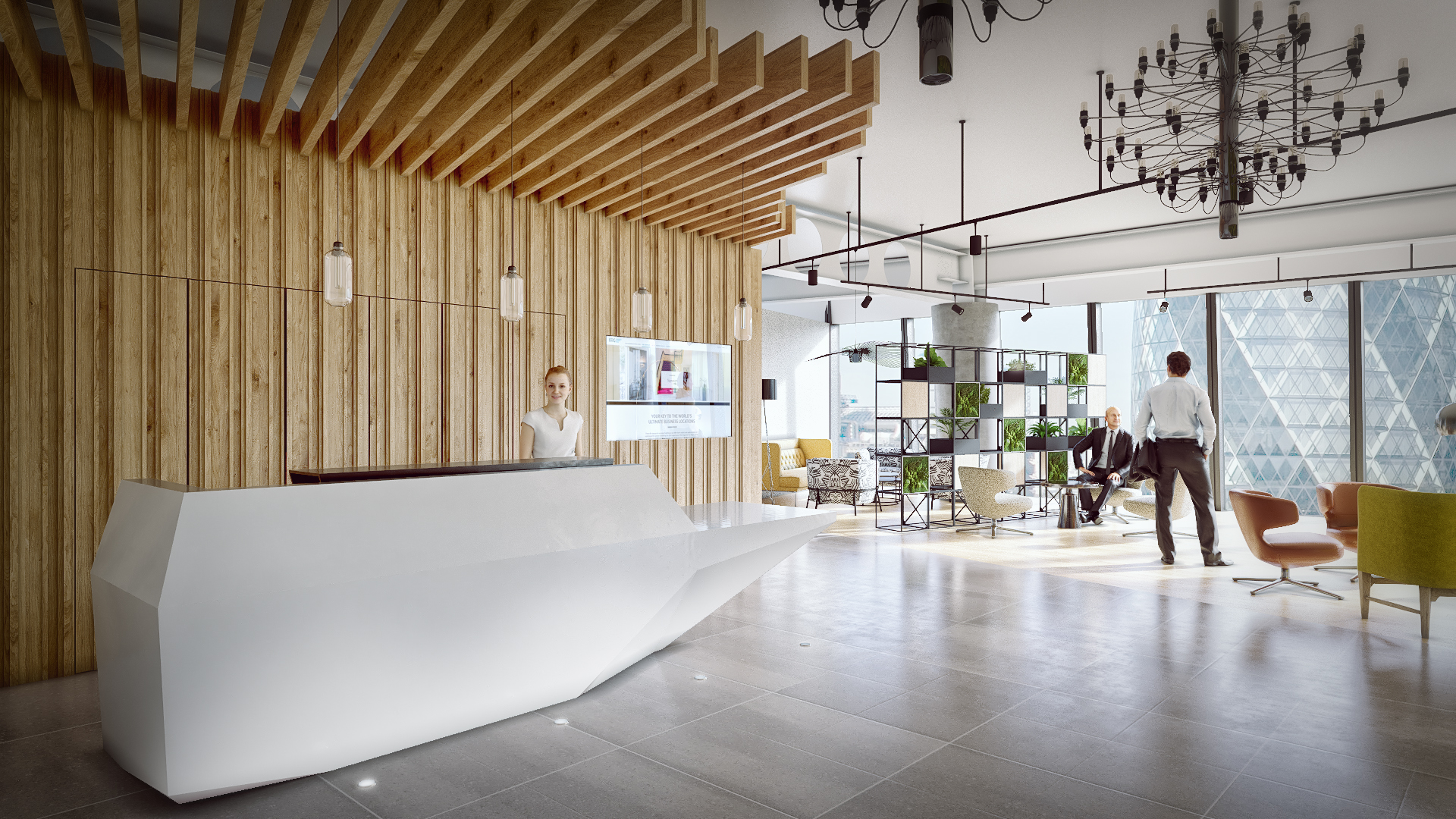Life beyond WeWork: coworking giants to watch in 2020
The recent failed IPO attempt of WeWork has raised some concerns within the coworking industry, amongst investors and operators. With all the media talking about WeWork CEO Adam Neumann and questioning not only his role in all these stories but also the WeWork business model too.
Although media is always craving for highlights and drama, we might not forget that not only is the coworking industry healthy, but according to Coworking Resources, there are over 35,000 coworking spaces in the entire world. Whereas, WeWork’s 528 offices locations, only represent less than 2% of the 35,000 coworking spaces.
We’ll see that “there’s life beyond WeWork”. Coworking networks with several locations are popping up all over the world, especially in big cities and competing directly with WeWork. Some of them are niche-focused, some others more generic.
.jpg)
Impact Hub
‘We build communities for impact at scale.’
Founded in central London in 2005, and headquartered in Austria, Impact Hub is a significant player in the industry. With over 100 locations in cities like Costa Rica, Texas, California, Spain, Portugal, Italy and many more. Impact Hub is one of the biggest coworking networks, with more than 16,000 members worldwide.
Impact Hub is home to entrepreneurs, innovators and problem solvers. Delivering over 200 programs annually, they are one of the world’s largest multi-stakeholder communities.
An Impact Hub space consists of three distinct elements. First, it is a vibrant community of passionate and entrepreneurial people. They share an underlying intention to bring about positive changes and act as peers to cross-fertilise and develop their ventures.
Second, it is a source of inspiration that provides meaningful content through thought-provoking events, innovation labs, learning spaces, programs and facilitated conversations that support positive impact.
Third, Impact Hub is a physical space that offers a flexible and highly functional infrastructure to work, learn, meet and connect.

Fora
‘Our professional spaces and concierge service increase productivity and encourage collaborations.’
A design-led, premium workspace, founded in Old Street, London in 2014. With locations across Reading and London. Fora cater to innovators and entrepreneurs, by providing its members with high-end perks like state-of-the-art-technology, concierge services, hotel-inspired benefits and meeting rooms credit. With the addition of inspiring events to create stimulating environments for learning and well-being programs.
Uncommon
‘We believe that well-being at work is crucial to success.’
Uncommon, founded in Highbury & Islington, in 2017. With locations in Liverpool Street, Islington, Borough and Fulham. Uncommon, serves startups, creatives and traditional businesses. They offer a workspace where every detail has been fine-tuned to improve productivity and the well-being of their community.
They work with sense experts to select the music to match coworkers moods, with tranquil sounds in the quiet rooms and motivational music in the creative corners. Each room and office are adorned with ergonomic furniture, to increase comfort and improve the working experience of their members. Uncommon offers services and amenities like coffee lounges, bike storage, showers, and phone boots. Including wellbeing events, such as boxing classes, yoga, running club and many more.

Regus
Founded in Brussels, Belgium. Regus currently works with around 3000 coworking spaces, spanning around 900 cities across 120 countries. Regus is the world’s largest provider of flexible workspace solutions, with customers including some of the most successful entrepreneurs, individuals and multi-billion dollar corporations. Their service includes fully customised offices, meeting rooms, business lounges, virtual offices and a workplace recovery, which offers everything their members would need to recover from a disaster in over 3000 locations worldwide.
The coworking industry is healthy and well- established, with multiple networks starting in 2020 or planning to scale up their current locations. In order to scale up, it is critical for coworking operators to know their communities so they can provide them with real added value. Automating processes and operations is crucial to free you from repetitive tasks so that you can dedicate that time to your community!
Related posts
-
Global Coworking Trends and Opportunities for 2025
Now well into 2025, the coworking industry continues to demonstrate strong momentum. With demand for coworking spaces remaining steady around the globe, it's clear that coworking is not just enduring—it's thriving. Let’s explore the major trends and opportunities shaping the global coworking landscape this year.
-
Creating Events that Drive Community Engagement in Coworking Spaces
Community is everything in coworking, but a genuine sense of connection between members doesn’t magically happen overnight or by chance. Often, meaningful relationships take intentionality, effort, and time to build, with events being an effective vehicle for bringing people together around shared interests, goals, and experiences, creating opportunities for collaboration, and a thriving coworking culture. This article looks at creating events that drive community engagement in coworking spaces.
-
Liz Elam: ‘Community is the number one amenity in coworking spaces’
A household name in the global coworking industry, Liz Elam, is the founder of one of the world’s best coworking event series: GCUC. Liz’s coworking roots began in 2010, when she established Link Coworking – a welcoming, affordable, and professional coworking space – in her hometown of Austin, Texas. Link Coworking achieved incredible success, expanding across three locations and becoming the fourth-largest coworking brand in Austin. It was sold in 2019, making Liz the first woman globally to exit a coworking brand.
-
Is Hot Desking Right for Your Business? Pros & Cons of Flexible Workspaces
Hot desking has become one of the go-to solutions for businesses seeking flexibility and cost efficiency. It supports hybrid working models, boosts collaboration and reduces office overheads. But hot desking isn’t right for everyone.
-
Key Takeaways from the Coworking Alliance Summit 2025
Gathering online for the Coworking Alliance Summit last week, members of global coworking alliances, coworking spaces, and community leaders came together to navigate global issues, strengthen ties across the coworking industry, and work collectively towards future goals.
-
5 Ways to Reduce Noise in Open Offices & Coworking Spaces
Some people like working against a background of noise, while for others it’s their worst work nightmare. The truth is, our relationship with noise depends on our own preferences and the nature of our work.